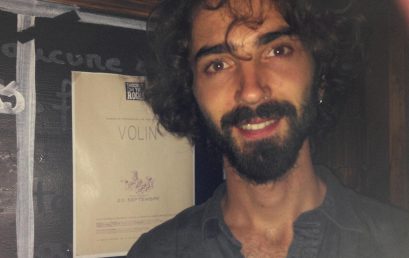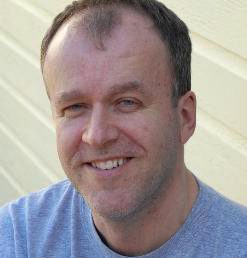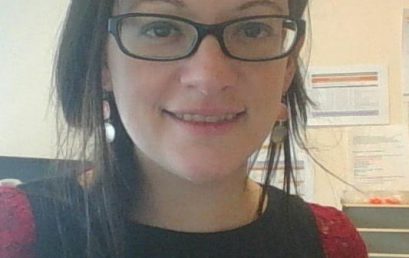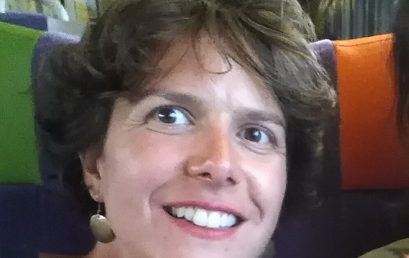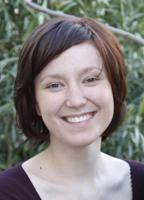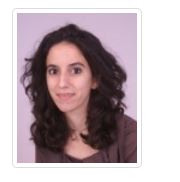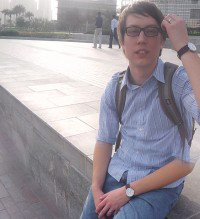Department Seminar – Antonin Carrier
Percevoir autrui comme moral ou comme sociable, pour quoi faire ? Une des leçons les plus élémentaires émanant de la littérature sur la perception sociale est que la perception sert l’action. Ceci est surtout vrai pour les perceptions sur la dimension “Chaleur”. Ainsi aura t-on tendance à approcher une personne sympathique et à éviter […]
Departmental seminar – Joachim Krueger
Self-enhancement: Conceptualization and Measurement Self-enhancement is a signature effect in social cognition. I offer a brief historical review of theory and research on self-enhancement, followed by a short introduction and critique of conventional discrepancy-score measures of the effect. Then, I introduce a decision-theoretic approach, which mitigates some of the problems of conventional measures […]
Departmental Seminar – Marie Delacre
Pourquoi les psychologues devraient utiliser le test de Welch plutôt que les tests t de Student ou ANOVA Quand les psychologues doivent comparer deux ou plusieurs groupes, ils utilisent communément le test t de Student ou l’ANOVA. Or, ces tests reposent sur des hypothèses de normalité et d’homogénéité des variances qui ne sont pas […]
Departmental Seminar – Marie-Pierre Fayant
Evaluations au sein de l’interaction sociale : vers une approche incarnée et située Les interactions inter-personnelles sont qualifiées par le contenu verbal des échanges, les émotions ressenties envers le partenaire, mais également les comportements non verbaux émis au sein de l’interaction (Word, Zanna, & Cooper, 1974). A un niveau très fondamental, les comportements physiques interpersonnels […]
Joint CeSCuP-MSH-STRIGES-AGS Seminar – Annique Smeding
Trajectoires contre-stéréotypiques : Comparaison intergroupe des stéréotypes implicites de femmes et d’hommes (contre)-stéréotypiques Les femmes sont encore fortement sous-représentées en Sciences, Techniques, Ingénierie et Mathématiques (ici appelés STEM), mais certaines arrivent à poursuivre un cursus contre-stéréotypique, telles les femmes en écoles d’ingénieurs et en mathématiques. Nous présentons un programme de recherches examinant les stéréotypes de […]
Departmental Seminar – Maria Avraamidou
Understanding media debate around migration: the relation between favorable and unfavorable representations of migration in the Greek Cypriot press Avraamidou M., Kadianaki E., Ioannou M., Panagiotou, El. Τhe aim of this presentation is to discuss a qualitative analysis of the media debate around migration in Cyprus between 2011 and 2015 via: (a) presenting […]
Departmental Seminar – Mark Brandt
Belief System Networks What is the basic structure of belief systems? Clear answers to this fundamental question are not forthcoming. This is because we typically treat a belief system as a theoretical latent variable that causes people’s responses on attitudes and values relevant to the belief system. This approach cannot assess a system of […]
Departmental Seminar – Maartje Mulders
The role of nutritional involvement in the effect of nutrition claims on vegetable-related judgments To reverse the current obesity epidemic, one of the many efforts that should be made, is focusing on the consumption of healthy foods and active living. Many different steps can be taken in order to provide the community with […]
